Assessment 1. Framework for and Benefits of Fellowship Assessment at Large, Research Universities
Ben Rayder, University of Houston
Despite the long odds, many university administrators are obsessed with winning a Rhodes, Marshall, or Truman Scholarship. To be sure, there are good reasons for this fixation. These achievements can bring national recognition and bolster rankings. But what is the value of a fellowship application beyond simply wins and losses? Although assessment remains a common evaluation tool throughout higher education, little work has been done to understand the role of fellowships advising in student learning outcomes and the development of core competencies. This presentation will introduce a framework for and discuss the benefits of fellowship assessment at large, research universities. The benefits of fellowship assessment are many. Survey results can provide evidence that fellowships are in and of themselves experiential learning opportunities similar to undergraduate research, study abroad, and service learning, to name but a few. Additionally, many fellowships offices are located in an Honors college, because fellowships advisors work with a combination of Honors and non-Honors students at both the undergraduate and graduate levels. Therefore, the work of fellowships advisors can be helpful to demonstrate the ways in which Honors colleges serve the greater campus community. Lastly, regular assessment can identify issues that will improve future advising practices and outreach. This presentation will highlight the advising assessment survey recently implemented by the Office of Undergraduate Research and Major Awards (OURMA) in the Honors College at the University of Houston (UH). It will review strategies for capturing important demographic data, as well as the measurement of student learning outcomes and the development of core competencies through fellowship advising. The presentation will also share initial results from the 2023- 2024 academic year at UH and their implications. Attendees are encouraged to share their own experiences with fellowships assessment and evaluation in higher education generally.
